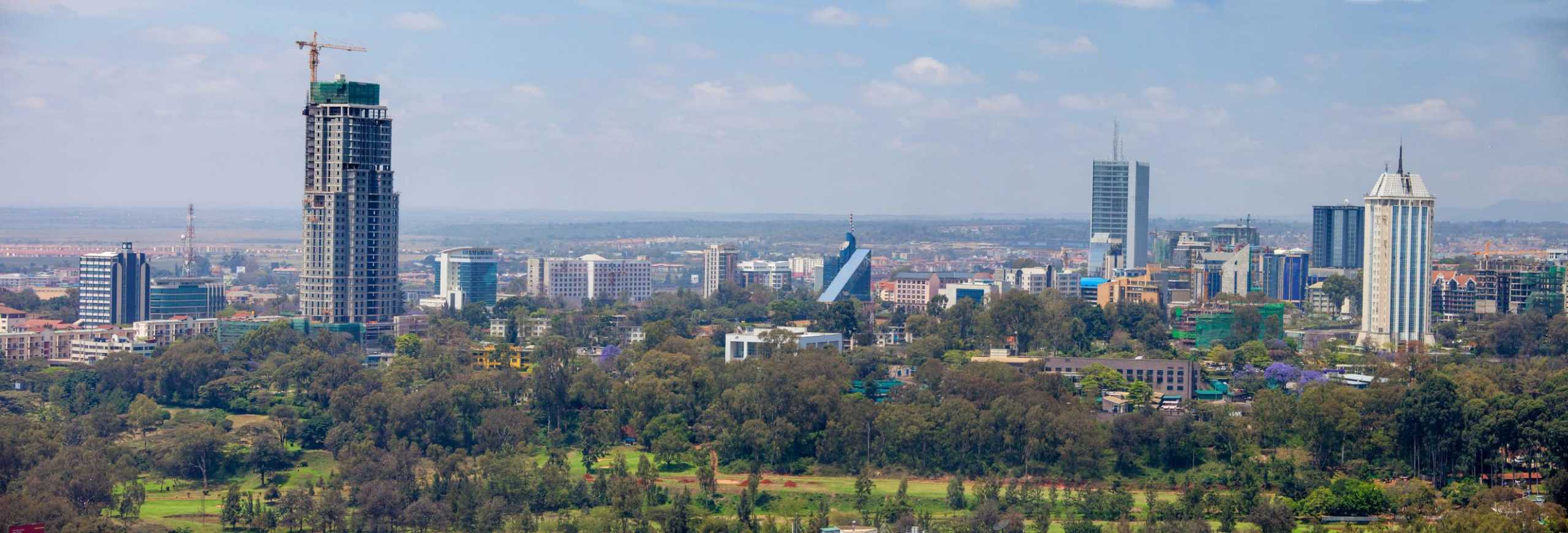FAQ’s
FAQs on Revocation of a Grant of Representation in Kenya

What is Revocation of a grant of representation?
Revocation or annulment of grant is the court cancelling a grant of letters of administration (in cases of intestacy where there is no will that was written by the deceased) or cancelling a grant of probate (in cases where there was a will).
The court revokes the grant on the basis that there is a serious reason that the grant ought not to have been issued to the Petitioner(s) for grant of representation and that this reason has come to light through evidence presented by an Applicant for revocation.
What are the exact provisions of the law regarding revocation of a grant of representation?
Section 76 of the Law of Succession Act provides the legal basis upon which a court will exercise its discretion to revoke a grant of representation. The said grounds are listed below with an inexhaustive list of real life examples upon which courts may revoke grants of representation.
What are the reasons stipulated under Section 76 for the Revocation of a Grant of Representation?
- That the proceedings to obtain the grant were defective in substance. Defective in substance means the proceedings or underlying processes leading to it were impaired as to materially affect the regularity and correctness of the proceedings.
For instance:
- The purported will is a forgery.
- The will is invalid e.g. for lack of adhering to formalities such as proper signing before witnesses or is not signed by the purported testator.
- The testator who purportedly made the will was mentally incapacitated at the time the will was made and therefore lacked capacity to make a will.
- That the grant was obtained fraudulently by making of a false statement or by the concealment from the court of something material to the case.
For instance:
- The Petitioner for grant of representation withheld information on the existence of certain beneficiaries e.g. hiding other children or wives of the deceased.
- The Petitioner for grant of representation misrepresented assets of another person as being those of the deceased.
- That a grant was already issued by another court over the same estate before.
- That the grant was obtained by means of untrue allegation of a fact essential in point of law to justify the grant not withstanding that the allegation was made in ignorance or inadvertently;
For instance:
- The Petitioner for the grant of letters of administration is not one of the people with prior right under Section 66 of the Law of Succession Act to apply for letters of administration in the case of intestacy and has not obtained consent from persons with prior right to him to apply for letters of administration. (Section 66 lists the preference of persons to be given priority to apply for letters of administration beginning with the spouse and children of the deceased).
- That the person to whom the grant was made has failed, after due notice and without reasonable cause either-
- to apply for confirmation of the grant within one year from the date thereof, or such longer period as the court order or allow; or
- to proceed diligently with the administration of the estate; or
- to produce to the court, within the time prescribed, any such inventory or account of administration as is required by the provisions of paragraphs (e) and (g) of section 83 or has produced any such inventory or account which is false in any material particular; or
- That the grant has become useless and inoperative through subsequent circumstances.
For instance:
- The sole administrator dies.
- Proof is adduced that significant amount of assets are not covered in the grant hence it is impossible to complete administration using the revoked grant.
- Purported assets of the estate turn out not to be free assets of the estate.
- Beneficiaries left out of the grant and subsequent distribution who ought to be there.
When Can I apply for Revocation of a Grant?
You can apply either before or after a grant is confirmed. Often speed is of the essence as administration may already have commenced and the estate may be dissipating through administration.
Who can Apply for Revocation of Grant of Representation?
Any interested party can apply e.g. a person beneficially interested in the estate, dependant or beneficiary.
What is the procedure to obtain revocation of a grant of representation in Kenya?
The Applicant who is interested in obtaining revocation of the grant applies to the High Court for revocation of the grant using a statutory form called summons for revocation. This document sets out the grounds for revocation in line with Section 76 of the Law of Succession Act and is accompanied by a supporting affidavit laying out the facts and accompanied by the evidence and any witness statements to bolster the persuasiveness of the application for revocation.
The other party being the person holding the grant is served and the court issues directions for the hearing of the same and after hearing all parties, the court will determine if there are sufficient grounds for it to revoke the grant and issue other orders e.g. directing that the grant be issued to someone else and directing confirmation of the grant by the new person named by the court as the personal representative in the grant.
What is the degree of proof required?
The degree of proof is to prove on a balance of probabilities that there are sufficient grounds for the court to revoke the grant.
How does the court exercise its discretion to revoke a grant of representation?
If the court does not find the evidence submitted by the applicant for revocation of the grant to be sufficient, it is likely not to exercise its discretion to revoke the grant, for instance a finding that misrepresentation was not of essential points of law or facts relevant to the grant. The court may also decline to revoke the grant if it will occasion an injustice. For instance, if administration has completed after disposal of the estate assets to innocent purchasers for value. This is in line with Section 93 of the Law of Succession Act which provides that all transfers of any interest in property, whether movable property or immovable property (such as land) made to a purchase to whom a grant was given shall be valid notwithstanding the grant is later revoked.
The provision of general information herein does not constitute an advocate-client relationship with any reader. All information, content, and material in this article are for general informational purposes only. Readers of this article should get in touch with us/a qualified advocate to obtain legal advice with respect to any particular legal matter.
Post Author

JOAN MUKOYA
Managing Partner
RELATED ARTICLES


